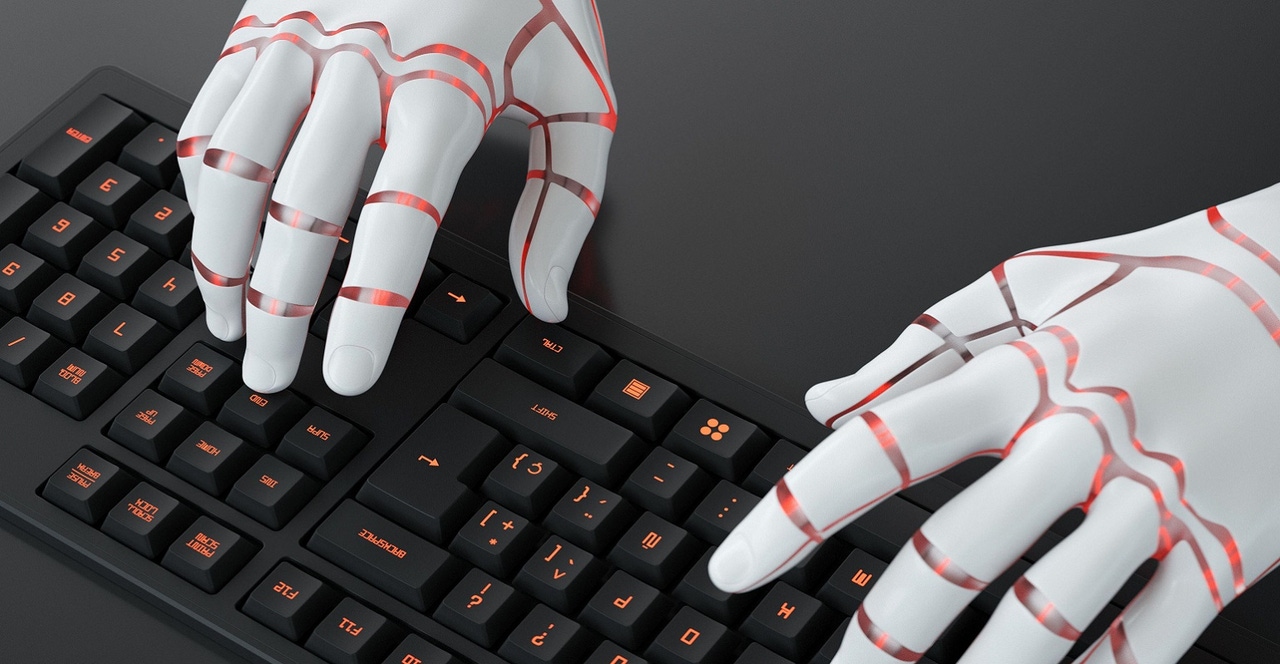Robotic Process Automation: Is Your Job at Risk? update from August 2023Robotic Process Automation: Is Your Job at Risk? update from August 2023
Robotic process automation software is automating a rapidly growing number of digital tasks. Is your job in its crosshairs?
August 19, 2023

Robotic process automation (RPA) makes it easy to create software robots that emulate human actions. Like people, software robots can read screens, generate keystrokes, navigate systems, identify and extract data, and perform a wide range of other defined actions. Unlike humans, software robots can work continuously without pay or benefits.
RPA offers an efficient way to automate repetitive tasks, freeing humans to focus on more creative work, says David Zhao, managing director of IT consulting firm Coda Strategy. "Therefore, IT jobs that involve simple, repeatable tasks are most at risk."
Any IT task that follows a strict set of steps and is repetitive in nature is up for grabs with RPA, warns Wayne Butterfield, a partner with ISG Automation, a unit of technology research and advisory firm ISG. The good news, he notes, is that most IT positions don't fit this description. "Even jobs on the IT service desk still, in the main, require a conversation or perhaps the interpretation of a written ticket," Butterfield says. "That means additional technologies would be needed, along with RPA, to automate even some of these processes."
Enterprise Inroads to Automation
In May, IBM announced that they could replace approximately 7,800 jobs with AI, with many of those positions being transferred over to RPA. "Large IT service providers have been doing the same for years, shedding tens, or hundreds of thousands of jobs that involve manual, repetitive tasks," Zhao notes.
Hairston notes that numerous studies have shown that workers whose tasks focus on innately human capabilities, such as inspiration, creativity, and empathy, are happier in their jobs, more motivated to perform well, and more likely to stay put. "RPA can take care of the more administrative tasks while human workers handle the sophisticated and meaningful tasks," he says.
If RPA has replaced the IT activity you've been handling, it's very likely you weren't much of an IT professional in the first place or, at best, your skills were not being utilized in the right ways before RPA came in, Butterfield says. "Use the opportunity to develop your skills to do more complex IT work — it's certainly out there for the taking." …
Read more about:
InformationWeekAbout the Author
You May Also Like






.jpg?width=700&auto=webp&quality=80&disable=upscale)
